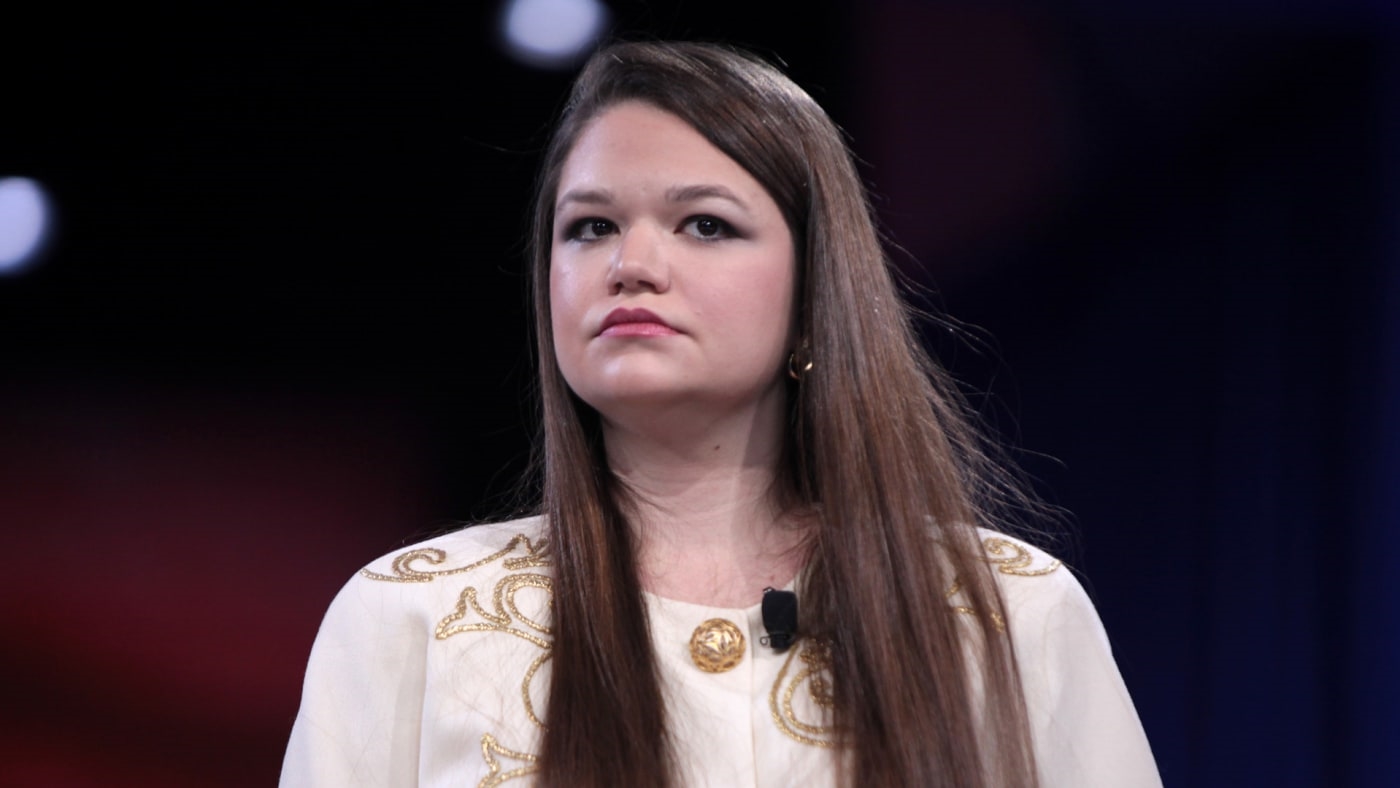Cambridge Analytica whistleblower: Don’t delete Facebook, but reform it
A day after Brittany Kaiser testified before the British Parliament, where the former Cambridge Analytica director indicated that the firm’s harvesting of user data actually affected more than 87 million Facebook users, she appeared in New York on Wednesday to tout her new role as a champion of data privacy. Kaiser, who left her role as director of program development at Cambridge Analytica just three months ago, is advising a new project, IOVO (for Internet of Value Omniledger), which is a blockchain-based platform created to “give back the personal ownership and control over one’s data,” including enabling people to sell that data for money.
During a press conference in Midtown Manhattan and in an interview with Fast Company, Kaiser described her four years at the company (where she insisted she wasn’t involved in the firm’s work on the Donald Trump and Ted Cruz campaigns in 2016) and her own reckoning with its misuse of personal data. “For many years, I didn’t question it,” adding that “the use of data for political purposes wasn’t invented by Cambridge Analytica,” she said, describing her work on the Obama 2008 campaign, which first used Facebook data to target voters with ads. But she felt conflicted about the firm’s work for Trump and grew increasingly convinced that people’s data is their property and should be protected–and monetized to their benefit.
Though she’s extremely critical of Facebook, Google, and Amazon for profiting off their users’ data, “I’m not a fan of the #DeleteFacebook campaign,” she said. “I think that they can reform.” She added that she’s been advising U.S. lawmakers about potential legislation and talking to Facebook shareholders about putting pressure on the company to make its policies more transparent and to have users opt in to sharing their personal data.
Kaiser also had tough words for Facebook COO Sheryl Sandberg, who in a recent interview suggested having Facebook users pay for greater privacy on the platform. “To me that sounds like a threat: ‘Continue to let us use your property or you’ll pay.’”
Watch some of my interview with Kaiser:
(30)



